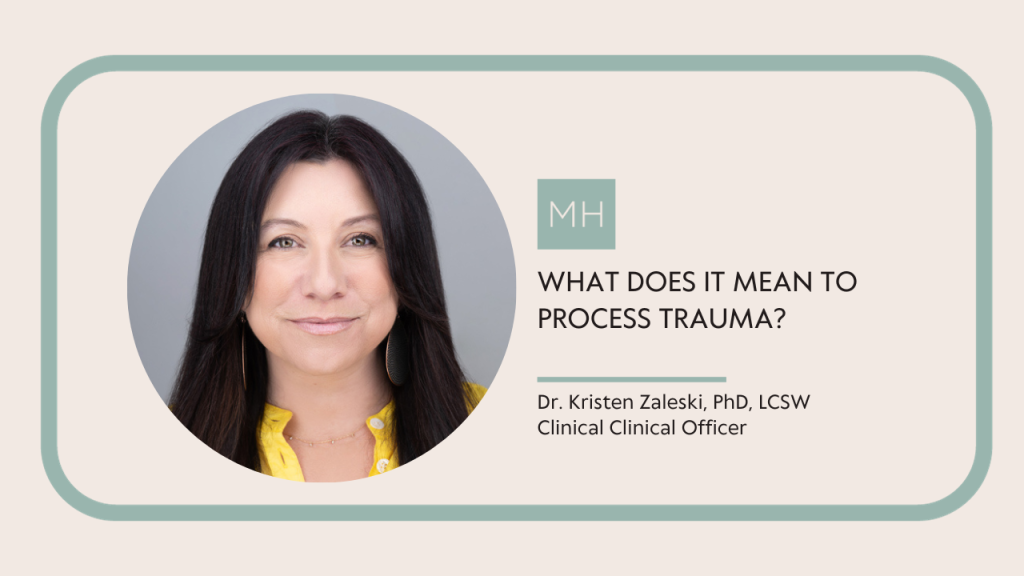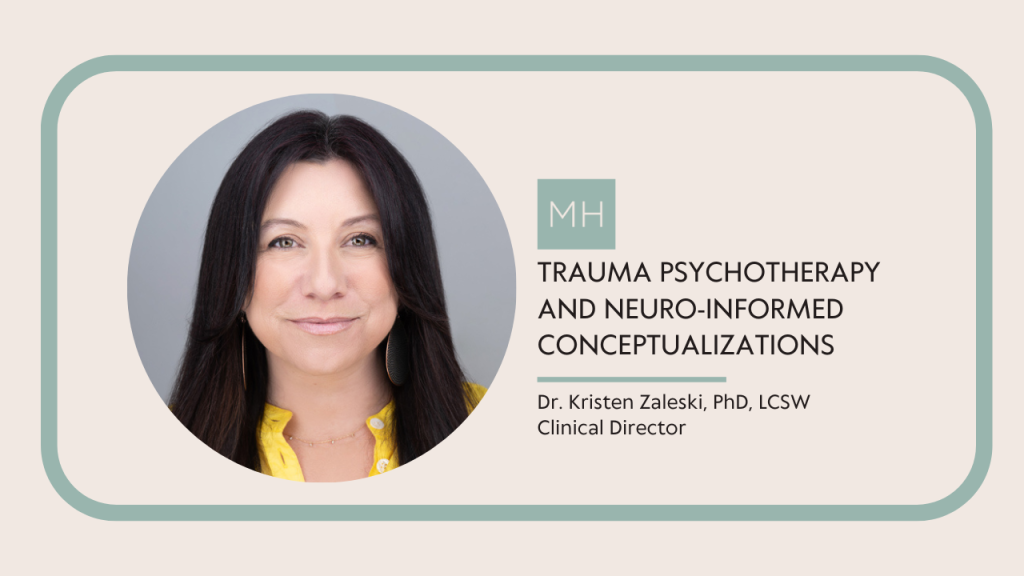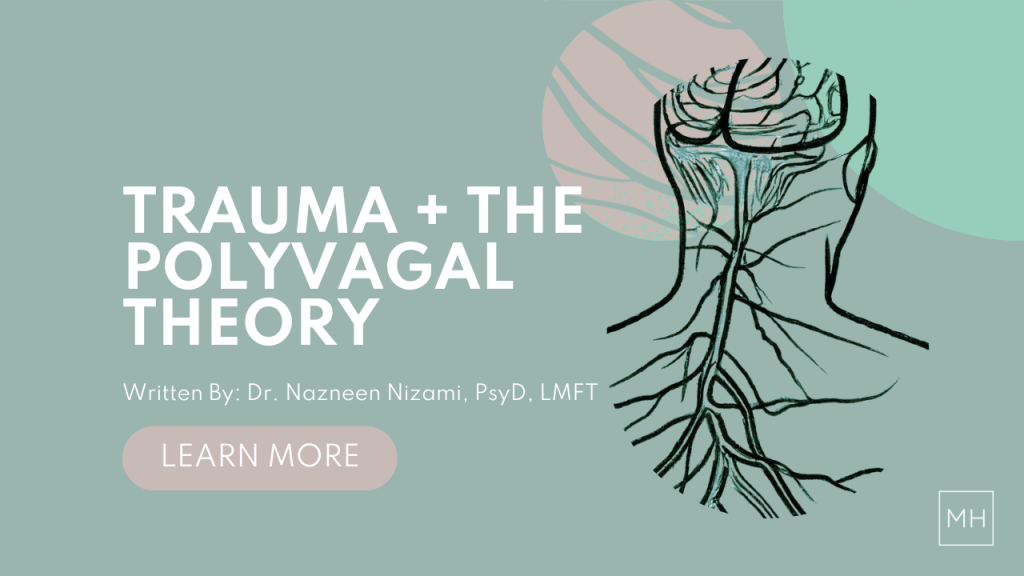WHAT DOES IT MEAN TO PROCESS TRAUMA? :: An Interview with Dr. Kristen Zaleski, PhD, LCSW
As Chief Clinical Officer at The Mental Health Collective, Dr. Kristen Zaleski often connects with those struggling to begin a journey of trauma treatment. To gain insight, read Dr. Zaleski’s interview below.
INTERVIEW
WHAT DOES IT MEAN TO PROCESS TRAUMA?
Processing trauma is a colloquial term used to describe how someone can heal their body’s arousal and psychological experience of trauma usually in a psychotherapy room. Healing trauma is the process of downregulating the nervous system’s stress response through talk or “cognitive” interventions like narrative and cognitive reprocessing or “somatic” or body based interventions that use calming techniques like breathing & mindfulness paired with body exploration in such therapies like Somatic Experiencing or Sensorimotor psychotherapy.
HOW CAN UNRESOLVED TRAUMA REAPPEAR?
Severe stress, or trauma, can be ignored or repressed and can take time to reappear. Common examples include someone who experienced a sexual assault and chose to “push it down” or “forget about it” rather than seek support for the stress response. If trauma is ignored, it can show up in our mood where we experience mood swings, irritability, and even memory loss. Internally, unresolved trauma can have an impact on our ability to concentrate on tasks, sleep normally, and can have vivid nightmares or flashbacks. When trauma comes from interpersonal violence, the effect can be seen in a survivor’s ability to trust others and feel safe in relationships.
HOW CAN SOMEONE START PROCESSING TRAUMA?
Most simply it’s a three-step process:
- Find safety in the body and then in a therapy relationship.
- Remember and mourn the extreme stress and trauma. Resequence the narrative in some way to understand its impact on you today.
- Begin to find safety and reconnection as a survivor in the world.
- Professional mental health clinical support is highly recommended.
FOR SOMEONE WHO WANTS TO BEGIN TRAUMA TREATMENT, HOW DO YOU FIND THE BEST CLINICAL SUPPORT?
Seeking out a local support person at a community counseling center is a great start, or if there is a specific type of therapy you are interested in like EMDR or Sensorimotor, you can go to those instituted websites & seek out trained & trusted providers from those sites directly.
DO YOU HAVE A QUESTION?
Send our team a message or call 888.717.9355


